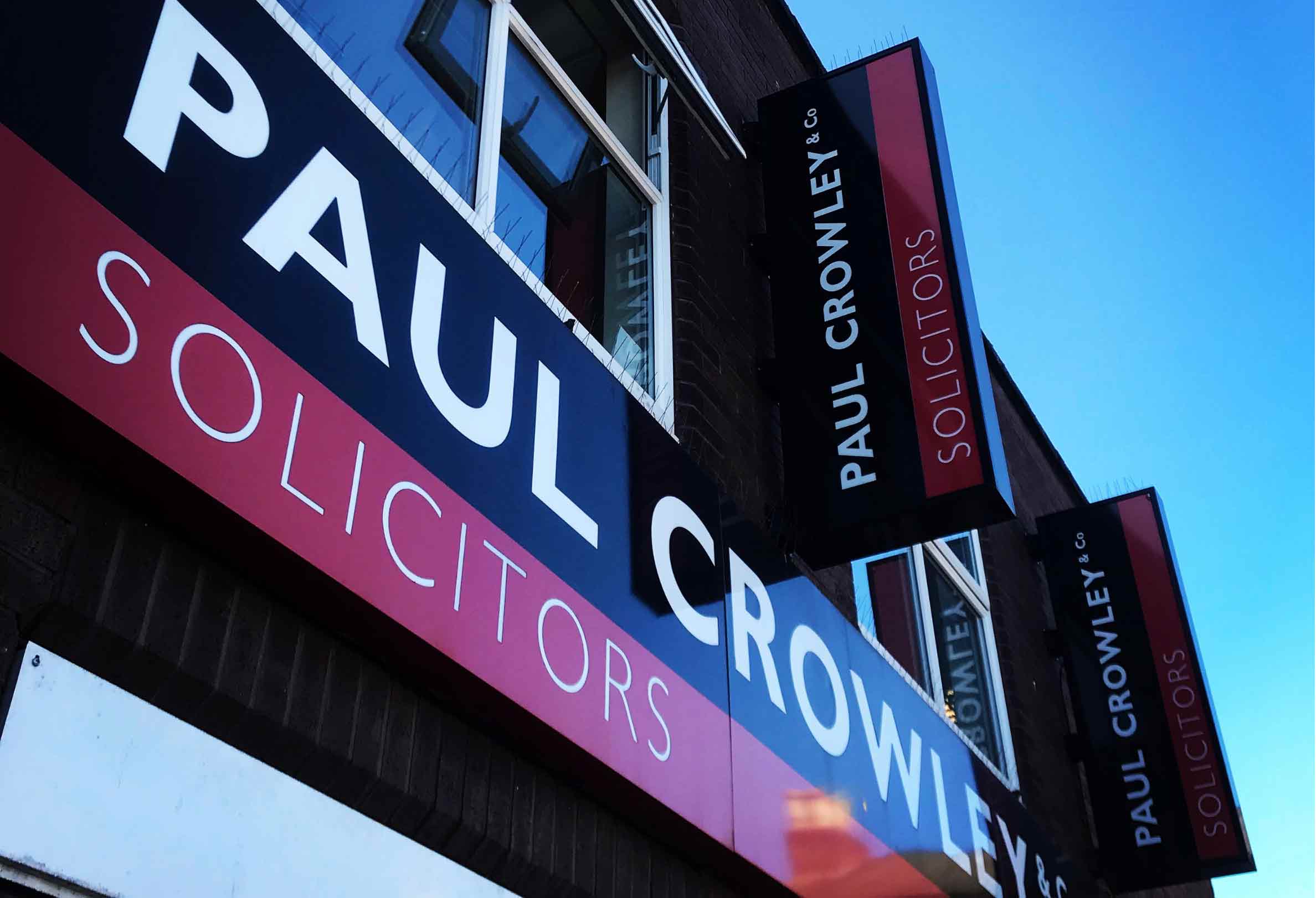The process of grieving a loved one is always difficult, this can be made even worse by uncertainty if the deceased person has failed to make a will and the consequences of what can happen to their estate if they pass without one.
Paul Crowley & Co’s expert Wills and Probate team are here to guide you through the legal process of making a will.
When do you need a will?
A will is a legal document which lets you direct how your belongings will be distributed after your death. If you pass away without a will, your belongings will be distributed according to ‘intestacy law’, which could mean that your property does not pass to the people you would want to inherit it.
Most people would benefit from having a will, as no matter how small your estate, a will makes it so that you can appoint an ‘executor’ to manage your assets and distribute your property according to your wishes.
How are wills executed?
The law sets out formalities for making a valid will, which must be:
- In writing
- Signed by the ‘testator’ (the person making a will), and
- Signed by and in the presence of at least 2 witnesses
The witnesses who sign your will must not be ‘beneficiaries’, or the spouse or civil partner of a beneficiary.
What is a trust?
When making a will, you may wish to put some of your property into a ‘Trust‘. Trusts are a way of managing wealth including money, investments, land or property. When you put assets into a trust, they are under the control of an appointed person or persons called ‘trustees’, who manage the trust according to your instructions after your death.
Trusts are often a good way of leaving property to your children, as the trustees will manage their inheritance until they are old enough to receive it.
What is probate?
Probate is the legal right to deal with a deceased person’s estate.
If a person dies with a will, the executor needs to apply for a ‘Grant of Probate‘, as proof of their right to manage the deceased person’s estate.
If a person dies without a will, their estate will be dealt with by an ‘administrator’, who will need to apply for a ‘Letter of Administration’. Who can apply for this is determined by rules of ‘intestacy‘, under which the responsibility will fall in the following order of priority:
- Spouse or civil partner
- Children
- Grandchildren
- Parents
- Siblings
- Grandparents
- Aunts and Uncles
If you need to apply for probate, Paul Crowley & Co’s dedicated team of legal experts will guide you through the process of dealing with your loved one’s estate.
How long does probate take?
The entire process usually takes at least 6 months.
The first step is to register the person’s death within 5 days in order to receive a death certificate. Then, you can apply for a Grant of Probate. This usually takes around 16 weeks, but can take longer if additional information is required.
When is probate required?
Generally, banks and building societies will ask to see proof of probate before allowing you deal with property belonging to someone who has passed away.
Probate will be required in most cases, but it may not be needed if:
- The estate is small (usually below £5,000) and banks or building societies have confirmed they will release funds without sight of a Grant of Probate.
- All property was held jointly with someone who is still living, who will automatically inherit through survivorship.
Wills and Probate… Paul Crowley & Co, here to help.
If you would like to make a will or apply for probate, our friendly team of Wills and Probate solicitors at Paul Crowley & Co are here to help.
Follow us on social media
Keep up-to-date with Paul Crowley & Co by following us on social media! Tweet us or message us on Facebook:


